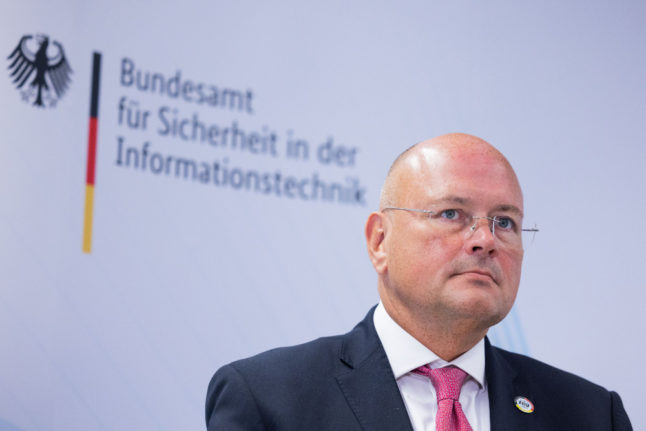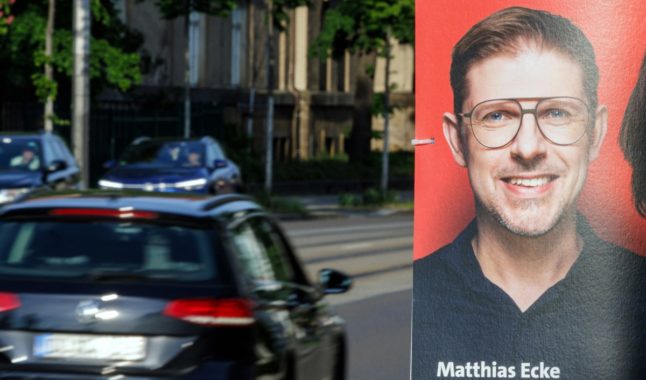The Foreign Ministry said in a statement on Monday that “the activity of these people was not in line with their diplomatic status”, adding it had been in contact with Russia in recent weeks about the matter.
Berlin had previously not provided a justification for the departure of the diplomats, a move that triggered the expulsion of some 20 German embassy staff in Moscow, which the ministry confirmed left on Monday.
“Unlike the members representing Russia in Germany, our colleagues have always concerned themselves with behaving in accordance to their diplomatic status,” the ministry said.
A close economic partner with Russia before the military offensive in Ukraine, Germany has since moved away from Moscow, financially and militarily supporting Kyiv in the conflict.
READ ALSO: Russia asked German spy for Ukraine war intel: report
Since the onset of the conflict in Ukraine, Russian espionage in Germany has grown at a rate rarely equalled in recent years, according to German security services.
In spring 2022, Germany already expelled some 40 Russian diplomats who Berlin believed to represent a threat to its security.
Last October, the head of German’s cybersecurity agency, Arne Schönbohm, was fired after news reports revealed his proximity to a cybersecurity consultancy believed to have contacts with Russian intelligence services.
A month later, a German reserve officer was handed a suspended prison sentence of a year and nine months for spying for Russia.
READ ALSO: German civil servants ‘probed on Russian spy suspicion’



 Please whitelist us to continue reading.
Please whitelist us to continue reading.
Member comments